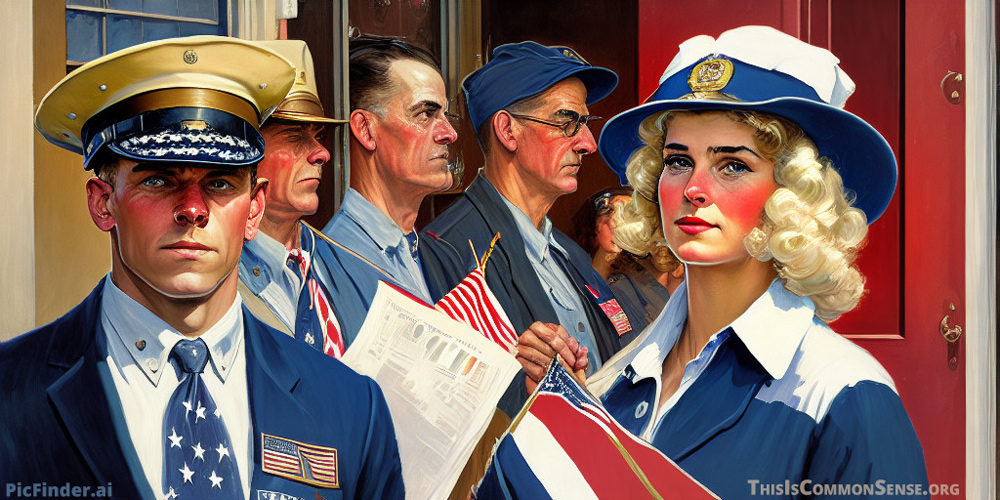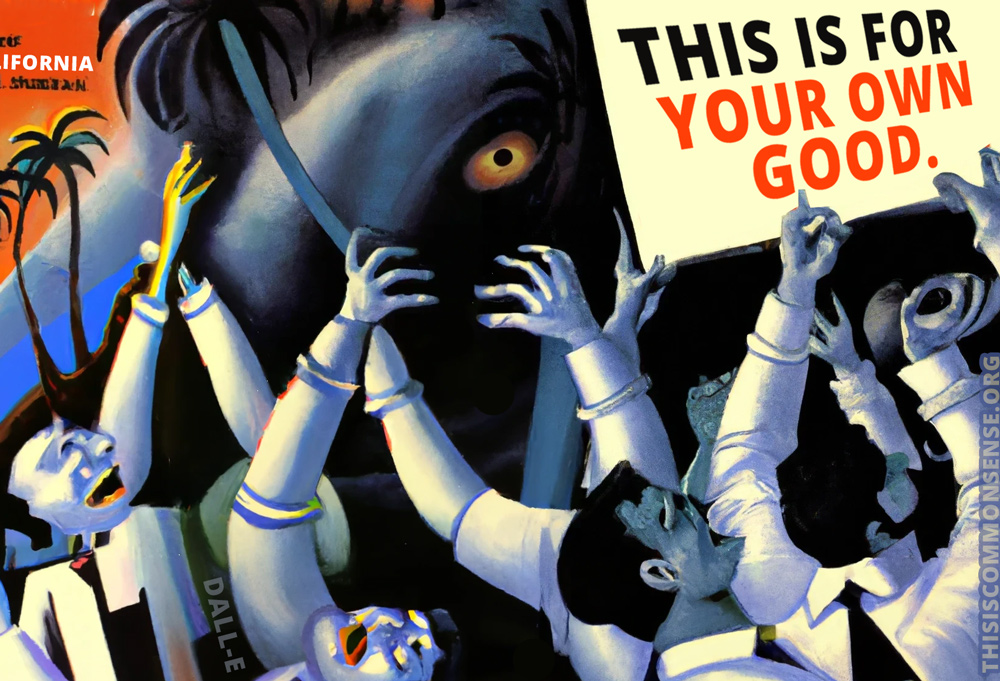What is the U.S. SupremeCourt thinking by refusing even to listen to arguments about the effects of California’s AB5 law, which effectively outlaws certain kinds of freelancing and gig work, on the right to speak out and petition in California?
The case is Mobilize the Message, LLC v. Bona. Plaintiffs were challenging the constitutionality of AB5 because it bans independent contractors from doing door-to-door canvassing for candidates or initiative campaigns yet allows independent contractors to do the same kind of work if they’re doing it as newspaper carriers or salesmen.
Of course, if AB5 were completely consistent in its assault on independent contractors, that wouldn’t make it any less injurious to political work and freedom of speech. But the separate and unequal provisions of the act do mean that political workers are being forced to abide by different rules than certain nonpolitical contractors.
That’s not right, not just.
As the Institute for Free Speech puts it, “The only distinguishing feature separating the two [kinds of contractors] is the content of the speech they are paid to promote, a distinction that is presumptively unconstitutional under the First Amendment.”
Lead counsel for the plaintiffs, Alan Gura, says that the Court’s decision will “price political speech beyond the reach of many citizens.”
What’s the deal, are the justices too busy?
We’re all busy.
On the other hand, they have a job. A lot of folks in California could use one, too.
This is Common Sense. I’m Paul Jacob.
Illustration created with PicFinder.ai
See all recent commentary
(simplified and organized)
See recent popular posts


